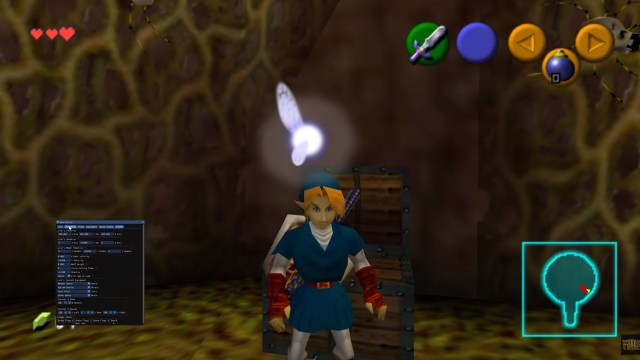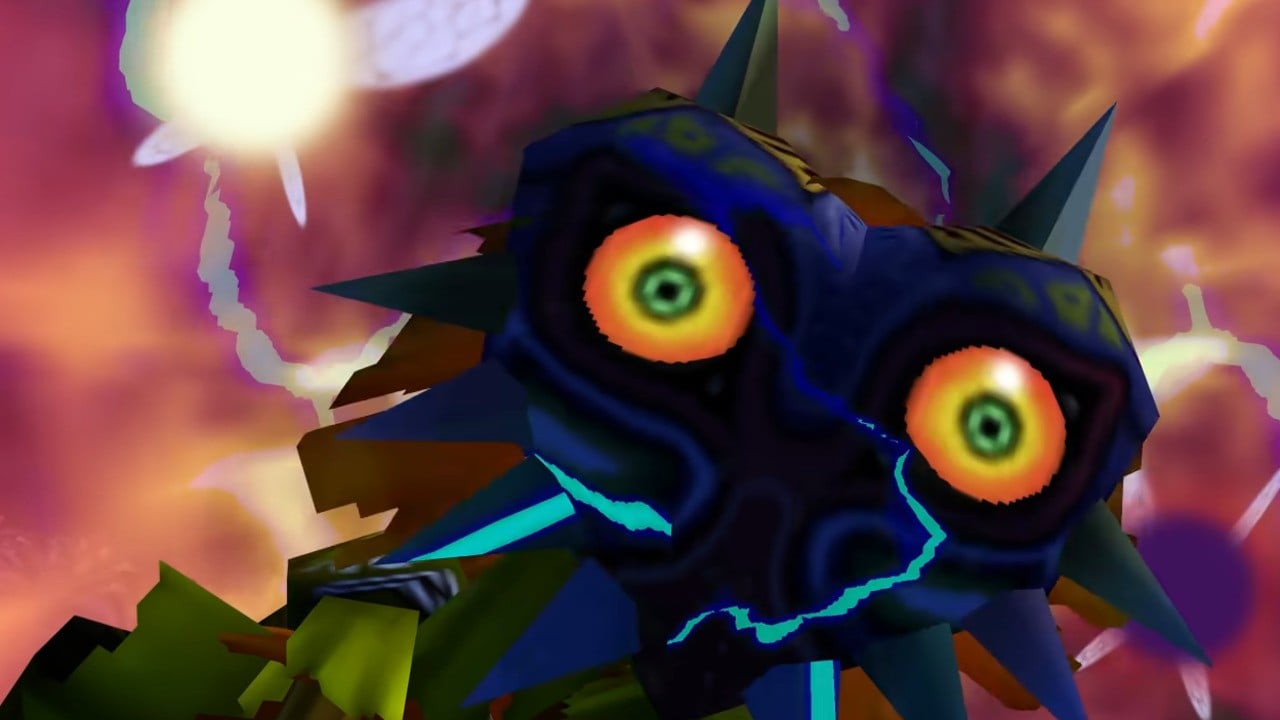Revolutionizing N64 Emulation with Static Recompilation
The N64: Recompiled project is changing the game when it comes to N64 emulation. By providing a binary translation tool, the project allows for the transformation of N64 binaries into C code. This process, known as static binary translation, creates a permanent copy of translated instructions, enabling games to run natively on PCs. The Zelda 64: Recompiled project is a prime example of this, utilizing the N64: Recompiled project to create a functional version of The Legend of Zelda: Majora’s Mask. While this technology requires capable developers to implement, the potential to breathe new life into classic games has the emulation community buzzing with excitement.
Enhancing N64 Games Through Static Recompilation
Static recompilation is revolutionizing the way N64 games are being emulated on PCs. By decompiling and converting N64 games into highly portable C code, developers are able to make significant improvements to the rendering engine and other components. The N64: Recompiled project is at the forefront of this movement, providing a binary translation tool that streamlines the process of converting N64 binaries into C code. While it may take some time before all games are supported, the potential to completely change the landscape of N64 emulation has the gaming community eagerly anticipating the future of this technology.
The Future of N64 Emulation: A Closer Look at Static Recompilation
With the introduction of static recompilation, N64 emulation is entering a new era of possibilities. This innovative approach to porting N64 games to PCs not only allows for native gameplay but also opens the door for enhancements to be made to the games themselves. The N64: Recompiled project is leading the way in this endeavor, offering a binary translation tool that simplifies the process of converting N64 binaries into C code. While the technology still requires skilled developers to implement, the potential to revitalize classic games from the 1990s and early 2000s has the emulation community excited for what the future holds.


